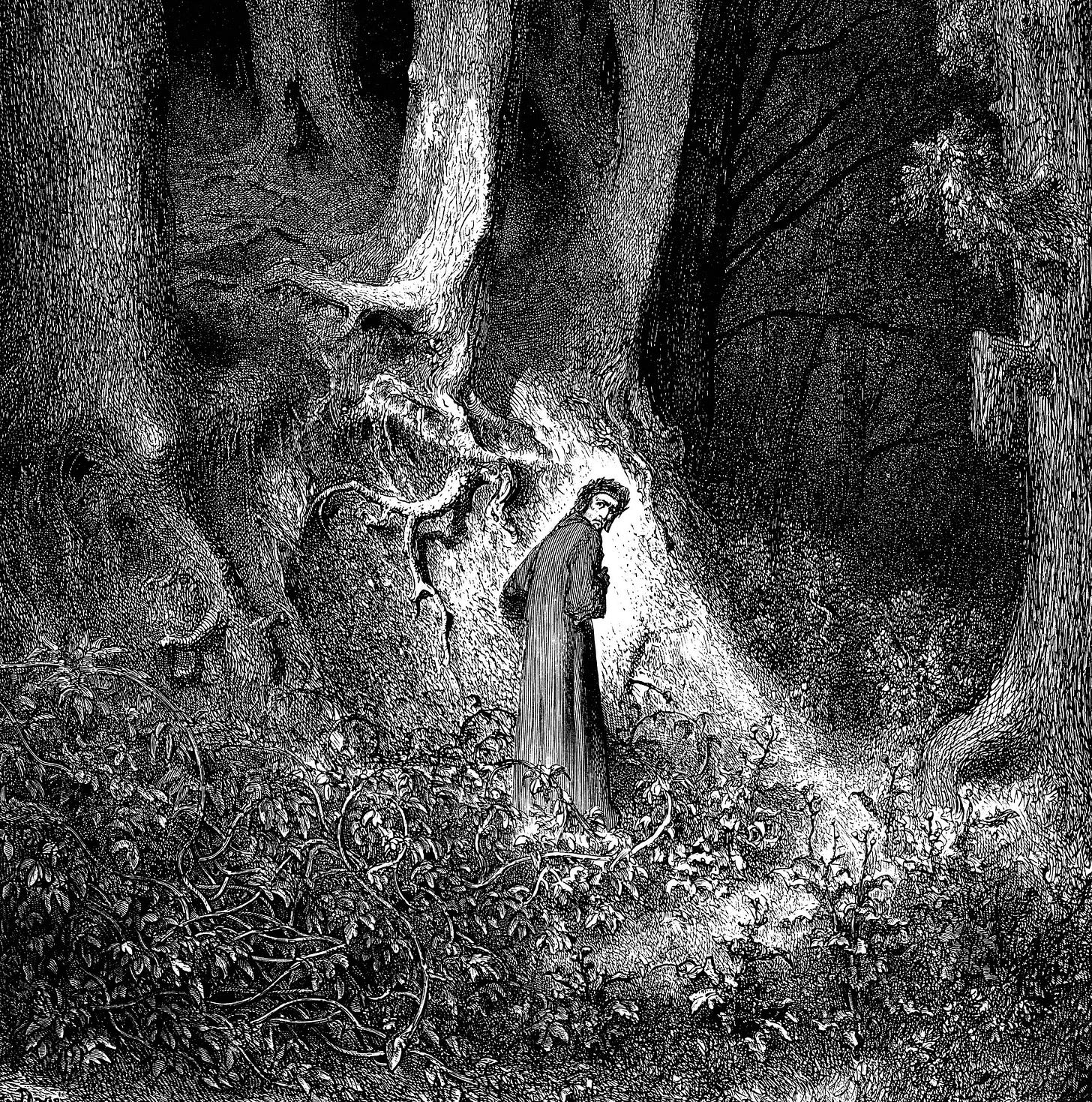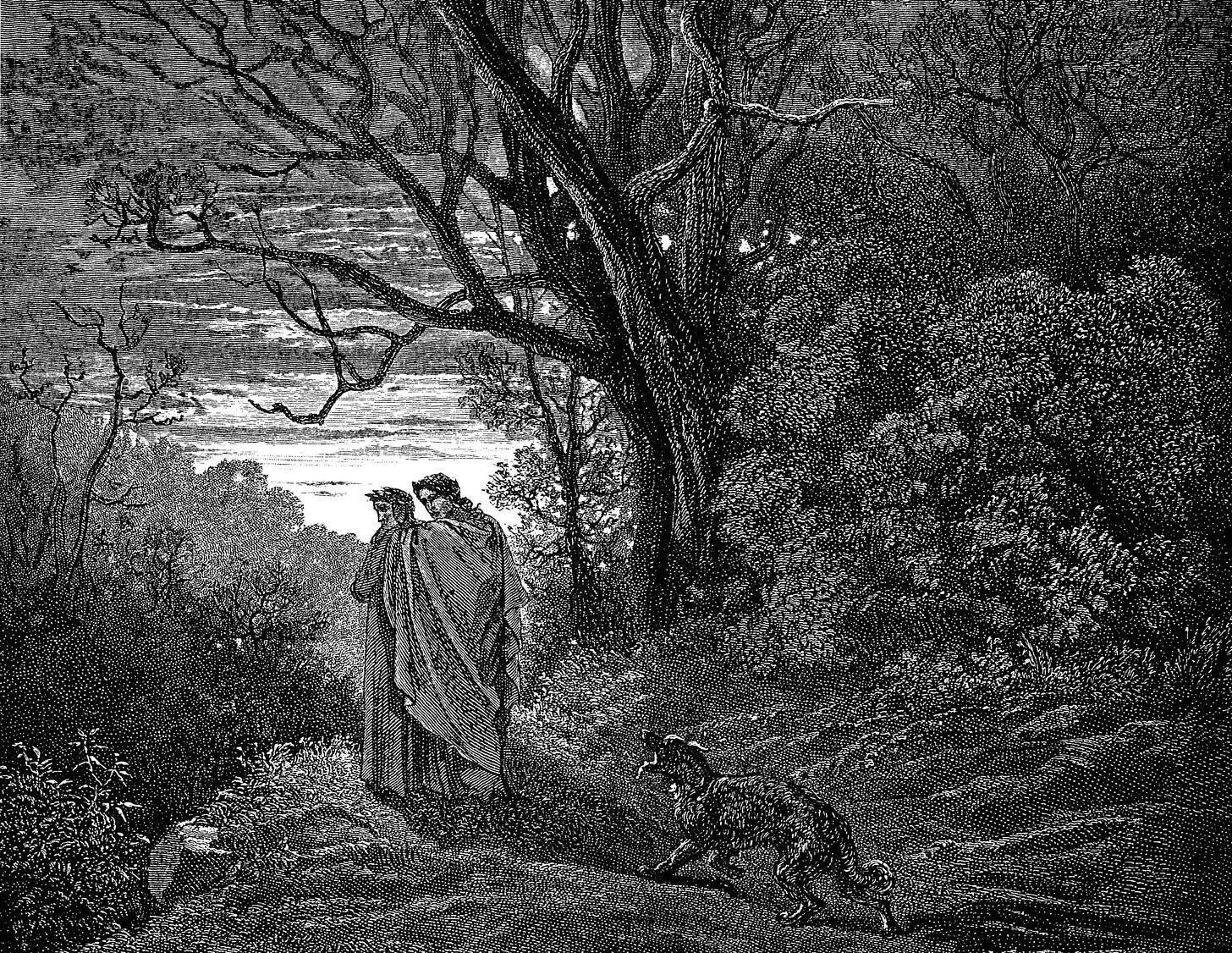
“For the straightforward pathway had been lost”
Let’s face it: traditional publishing is fundamentally broken, both for authors and readers. Legions of literary agents and the great publishing houses of New York who enlist them, despite their sprawling editorial apparatuses, are still unable to cope with the sheer volume of manuscripts being queried now, and are further unwilling to take any chances on unproven authors and untested audiences. They already receive a hundred stories fitting the safe mold of the hottest BookTok trends, or a hundred more from authors with large preexisting social followings. It’s not worth their time to find an audience for the nobodies, even if they might be the next bestsellers.
This has left the debut author who hasn’t already been curating a social media presence based on their biting cultural commentary with seemingly no straightforward pathway to publishing their story. After submitting dozens, even hundreds of query letters just to the agents—because many large publishers now only deal with agents—all they might receive is a polite rejection six months later, if they hear anything at all. They may spend just as much time querying as they did writing 300 pages of a new novel. Understandably, this is too much work for the same odds as a scratch-off, and debut authors thus seek alternatives like self-publishing.
Self-publishing offers many benefits to the debut author. There is no mandated editor or censor aside from Amazon. It is relatively easy to format a Word document as an ePub and publish directly to Kindle. Anyone can purchase Illustrator or a free alternative such as Inkscape and whip up some kind of cover. But stocking their novel on digital shelves is not all a publisher does, and the self-publishing author will quickly discover that a publisher is also a book seller, salesman, publicist, advertiser, and marketer. Some authors take to the task of promoting their work easily, finding enjoyment in connecting with readers and other authors. Many others find it stressful and tedious, becoming a second (or third) full-time job that invades the territory of their precious writing time. Many lack either the skillset or the resources to furnish their stories with the quality cover art and design, layout, marketing, advertising and promotion each one deserves. Their words, as well written by a human hand as they may be, are destined to be carried away with the endless waves of AI-generated slop dumped onto Kindle every day. Again, for some dedicated author-publishers, even these obstacles are not insurmountable. But for the author who just wants to write, self-publishing is no greener grass than running the query-letter gauntlet of traditional publishing.
Ultimately, these circuitous routes also prevent readers from enjoying what they like most: good new stories. Readers don’t enjoy “refreshing new takes” if they have been groomed from the very beginning by agents and large publishers as safe bets on a known author and a known audience. Nor do readers enjoy hours spent trawling through the Kindle trash hoping to find an indie diamond despite its rough cover.
Fortunately, for both authors and readers, there exists yet another pathway between these two extremes: the small press.

“Thee it behoves to take another road”
The small press offers what a traditional publisher cannot: flexibility. The small press is too small for editorial committees and focus testing. It is free to publish stories from the smallest niche of the smallest sub genre; to publish stories with no known audience and from previously no-name authors. For many small presses, profitability is secondary to creativity. There are no shareholders to pay. As long as they can pay to keep the lights on, small presses are free to publish whatever their owner-operators’ hearts desire: often, the true “fresh takes” that no traditional publisher would dare take on if it didn’t fit in their preconceived notion of what sells.
The small press also offers what self-publishing cannot: a partnership. Even the smallest of small presses at least doubles the promotional efforts of any single author. Suddenly, the author no longer needs to be a jack of all trades and master of none: a division of labor allows the author to focus on what they do best so that the small press can not only lend its expertise to the author’s story, but to the sequel they found the time to write again. Some so-called “hybrid” publishers call themselves small presses, but these retain all the worst characteristics of self-publishing: they leave the author stuck with all the hardest tasks of finding their audience and promoting their story, while charging a small press’s fee for low-lift assistance. These are not small presses: they’re pitfalls for the unsuspecting debut author. A true small press partners with the author from the start, sharing the load all the way to the very end.

A New Small Press for the Indie Era
Traditional publishing is breaking up and self-publishing is not a viable alternative for most authors. We believe authors and readers need another small press to step up and show what the new indie era could be. We’re proud to introduce ECLOGUE PRESS as that middle way forward.
ECLOGUE PRESS is a small press dedicated to helping new authors and new stories reach the sci-fi/fantasy audience. That means we’re not dedicated to profits. As long as we can afford it, our sole purpose is to increase the number of published authors and published stories for our audience to read. That doesn’t even mean published with us: we’re eager to help self-publishing authors and authors who end up signing with other publishers. We acknowledge that as a small press we don’t have the resources to publish every story we like with the quality it deserves, but we can provide a little help to that story’s author in finding its audience wherever they may be. As hungry readers ourselves, we just want more good sci-fi/fantasy stories out there to enjoy.
“Quantity has a quality all of its own” only befits the purposes of AI-generated slop and Stalin. We take a strict no-AI policy to all of our work at ECLOGUE PRESS. We will never partner with any story which was brainstormed by, written with, or edited by AI. We will use every tool available in our submissions process to maintain a 100% human-made rating in every story we publish. We understand that some may find AI’s editing functions useful, but we find it has the tendency to regress unique voices to the mean of its training dataset, making prose bland and uninspired (not to mention in some ways plagiarized).
Lastly, we firmly believe that authors have a core duty to their readers beyond merely delivering on what they promise to write. We believe authors have a duty to inspire virtue, rather than despair of our common humanity. That doesn’t mean they need to preach, proselytize, or moralize in a story written for entertainment; heroes can be ugly and stories can end in cautionary tragedy or bittersweet victory rather than glorious triumph, but ultimately no reader should come away from a work of fiction feeling hopeless.

At ECLOGUE PRESS, we’re starting with a very specific niche that we’re very well acquainted with. We believe the best writers of /r/HFY, a fiction writing subreddit where humans are the good guys rather than the villains, could be topping charts on Amazon today, rather than just farming upvotes. Our first publication will be a short story anthology from the authors of /r/HFY celebrating, rather than denigrating, everything that makes us human.
In the meantime, you can expect three regular posts from us here on Substack:
Weekly Author’s Corner: We may not be able to publish everyone who submits to us, but we can help any author find the resources they need beyond just writing tips. This weekly digest will cover every author’s topic from plotting to writing habits to editing to querying to distribution to promotion to advertising and more, featuring a slate of articles across these areas from the previous week that we found edifying.
This Week on /r/HFY: While we hope our HFY anthology will be successful enough to warrant regular editions in the future, we still want to highlight right now the authors whose work you can enjoy for free on Reddit. This weekly digest will feature our favorite one-off pieces, new serials, and ongoing serials from the previous week on /r/HFY.
The Self-Publishing Spotlight: Self-publishing authors need all the help they can get. If you’re self-publishing a sci-fi/fantasy story and need a little extra exposure, we’d love to preview part of your story, interview you, and shine a spotlight on your story for our subscribers. This may not be as regular as our weekly posts, since we want to make sure we’re highlighting all of the quality work self-publishing authors put into their craft. Please message us here on Substack if you’d like to discuss more.
We will never lock any of these posts behind a paywall: our goal is to build a community and get more quality sci-fi/fantasy stories in front of it and the world. However, we are offering a paid subscription to those of you who want to show your support for indie publishing for the price of a cup of coffee each month. Our Press Patrons will get direct acknowledgements in all of the titles we publish. That all said, we need YOU more than we need your money.
Thank you for reading! If you haven’t already clicked on one of the subscribe buttons we sprinkled throughout this post, here’s another one to knock yourself out on:
Alternatively, if you’d really like to help spread the word about us and our mission, we’d love if you’d share this post with your family, friends, and followers:




You seem to be after stories - not novels - correct?
Most of my Sci-Fi/Space Fantasy stories portray humans and non-human aliens as heroes and villains. Also, in the Weapons of Legend "universe," not all humans are from Earth.